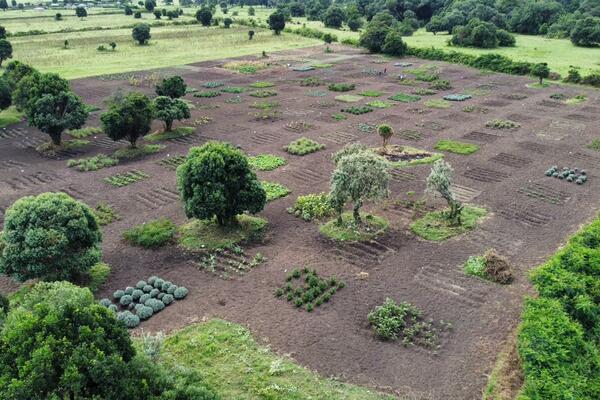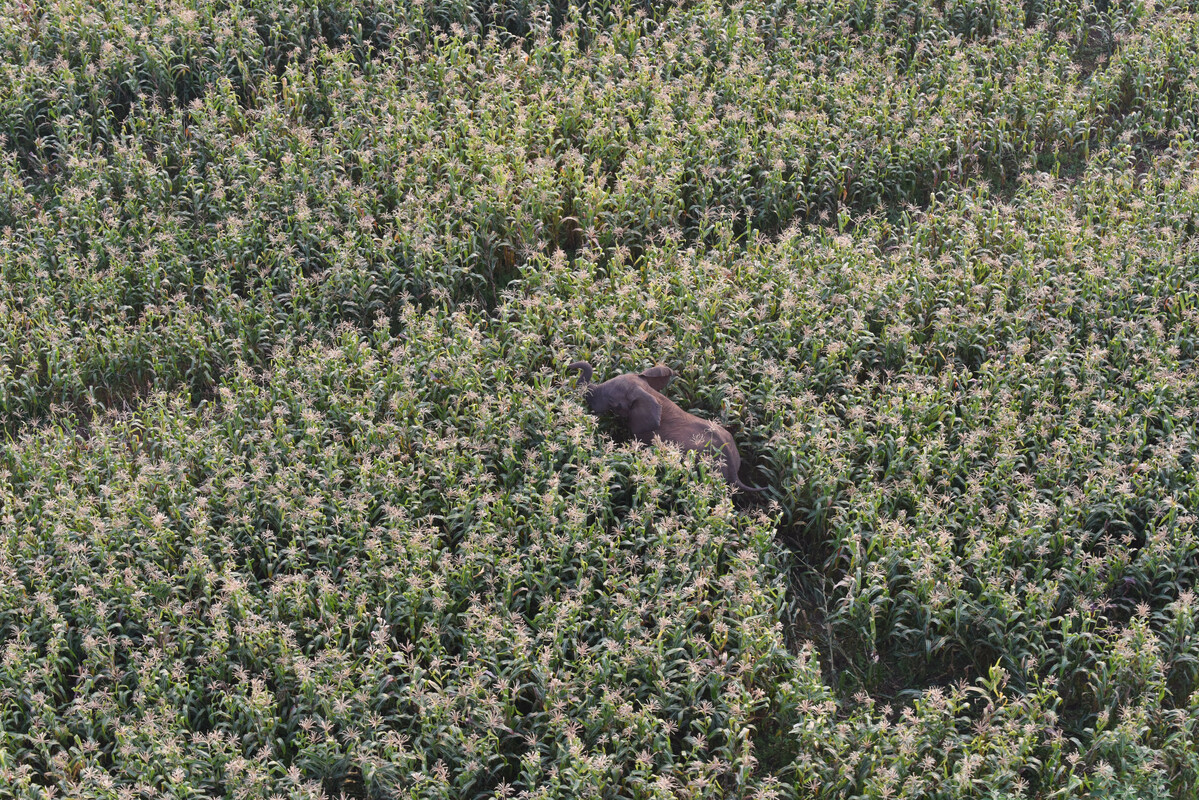
In 2022 we partnered with Mara Elephant Project in Kenya's Greater Masai Mara to support a co-existence farm project. The 5-acre farm, led by Abigael Pertet, is looking at sustainable elephant-friendly farming practices that can be implemented within communities throughout the Mara.
Maize is the staple crop in this area and it is very attractive to elephants.
Since 2016, MEP has recorded a 268% increase in crop damage incidents by elephants and the total number of conflict incidents recorded by MEP has risen.
In the same time period, elephant deaths from conflict have outpaced those from poaching.
70% of wildlife lives beyond the Masai Mara National Reserve, roaming 15 unfenced conservancies owned by the Maasai community. The human population also continues to grow, by more than 10%, creating a war of space.
Although the Maasai earn money from wildlife-based tourism, they also continue to live on the peripheries growing crops and grazing livestock. Finding solutions so that humans and wildlife can live side by side is key.
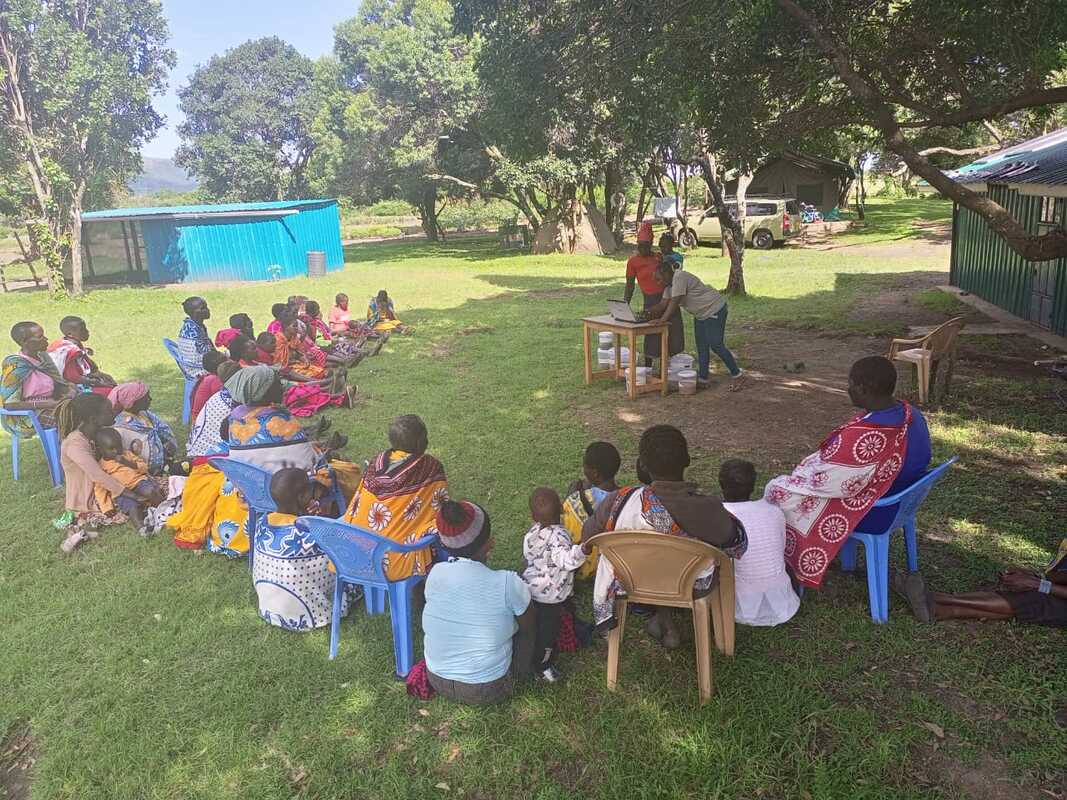
The co-existence project’s social survey launched in October last year.
Beyond identifying crops that are not palatable to wildlife, it’s also important that these crops are accepted and adopted by farmers as an alternative to more traditionally grown crops like maize and beans.
100 randomly selected households were surveyed by the farm team.
Unofficially, the response has been positive to essential oil crops like lavender and tea tree with most of the community members willing to learn more about growing them and selling them.
In 2024, a study will launch to see if the crops with the lowest predation levels have an economic value in the community.
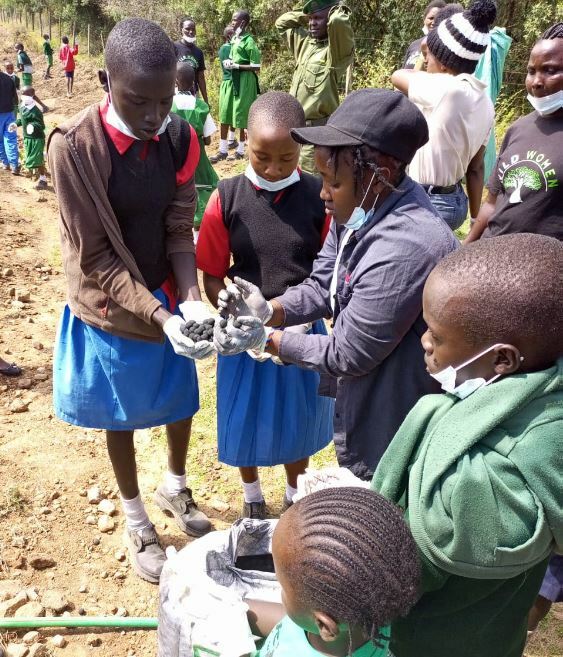
A conservation club was also launched, in collaboration with five primary schools.
The first activity took place on World Habitat Day by discussing global emissions and its effects on the environment followed by tree planting at the school.
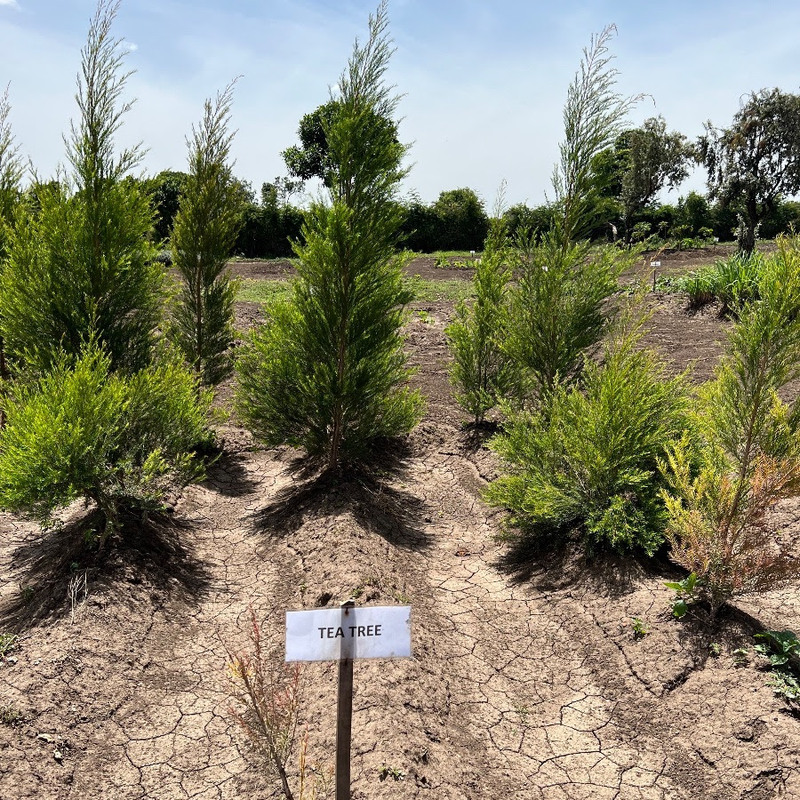
In 2024 the farm team will continue to monitor levels of predation on a range of crops, as well as growing herbs and medicinal plants.
In addition, an indigenous tree seedling nursery that will be used to distribute trees to communities and promote reforestation in degraded areas will also be developed.
The seedling nursery enjoyed the extra rainfall in November/December, with many local community members visiting in search of seedlings for their kitchen gardens.
The ambition is to build a permanent human-elephant conflict resource centre at the farm to act as a local hub for the community to visit to receive training, resources and supplies.
Rob and I are attending an event in London with CEO Marc Goss next week to learn more about MEP's future plans.
Images: Mara Elephant Project

